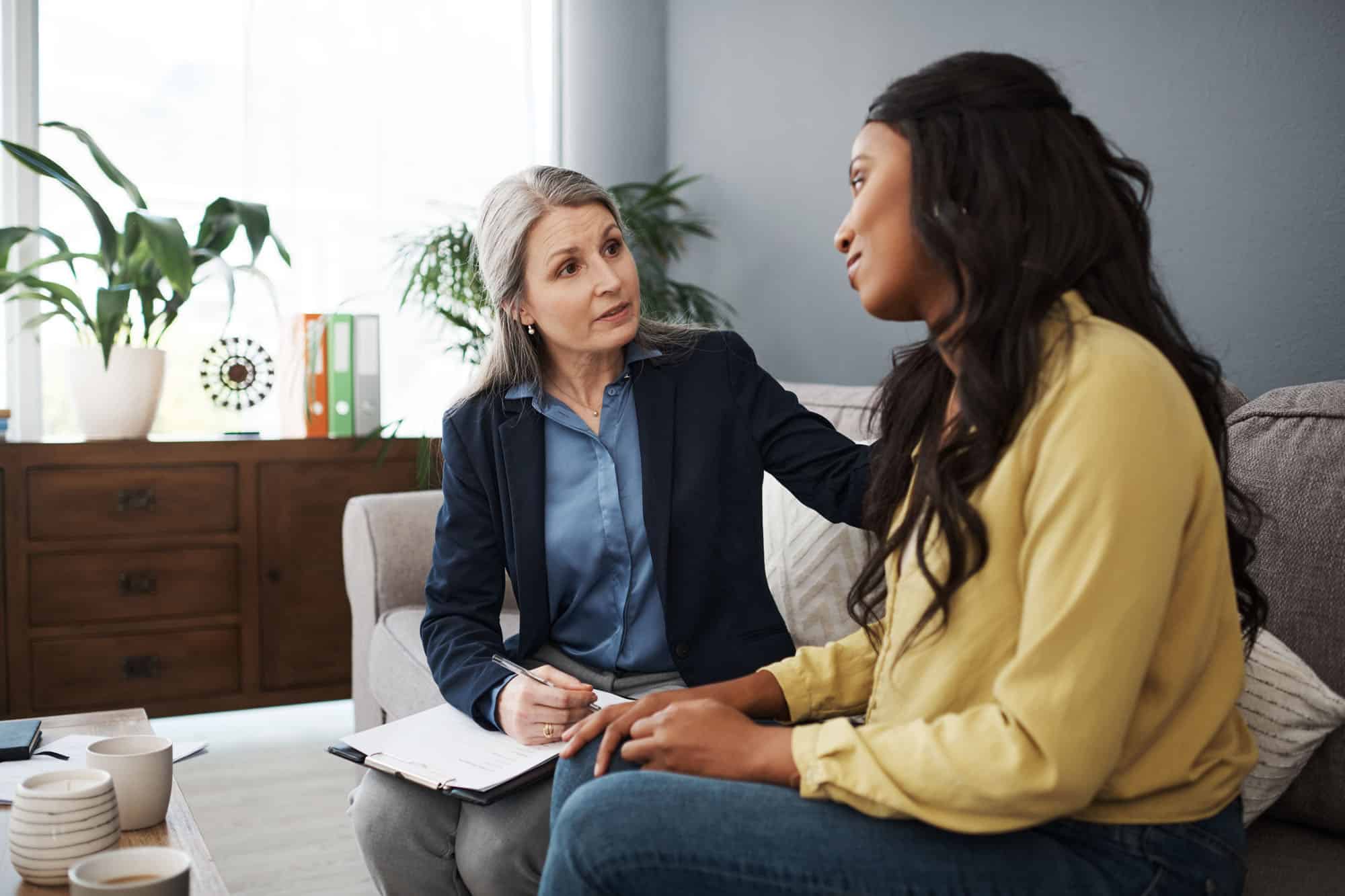Understanding Couples Therapy: Strengthening Relationships Through Connection and Communication
In relationships, it’s natural to experience ups and downs, and even the strongest couples face moments of strain. However, many couples find a powerful ally in couples therapy. This therapeutic approach helps partners navigate challenges, improve communication, and reconnect on a deeper level. Whether addressing specific issues or simply seeking to strengthen a relationship, couples therapy can be a valuable tool for growth and healing.
What is Couples Therapy?
Couples therapy, sometimes known as marriage counseling or relationship therapy, is a form of psychotherapy that focuses on helping partners in a romantic relationship improve their interactions. It can benefit couples at any stage—from newly dating to decades-long marriages. The primary goal is to build understanding and provide tools to foster a healthier, more fulfilling relationship.
Therapists trained in couples therapy often use various techniques and frameworks tailored to each couple’s unique dynamics. Sessions can help with many aspects of a relationship, from resolving conflicts to managing life changes or deepening emotional intimacy.
Common Reasons Couples Seek Therapy
While the reasons for attending therapy vary widely, here are some of the most common motivations:
- Communication Issues: Poor communication can lead to misunderstandings, unresolved conflicts, and resentment. Many couples find that therapy helps them express themselves honestly and listen actively.
- Trust Issues: Betrayal or breaches of trust can severely damage a relationship. Therapy provides a safe space to process emotions, understand the causes, and explore ways to rebuild trust.
- Life Transitions: Big changes, like moving, changing careers, or starting a family, can disrupt a relationship’s balance. Couples therapy helps partners adjust and align their expectations.
- Intimacy and Emotional Distance: Emotional or physical intimacy may wane over time, sometimes due to life stressors or unresolved conflicts. Therapy can help rekindle connections and build closeness.
- Conflicts Around Parenting or Family Dynamics: Differing views on parenting or navigating extended family relationships can strain a partnership. Couples therapy can foster compromise and unified approaches.
- Financial Concerns: Money is a common source of stress in relationships. Therapy allows couples to discuss financial habits, set mutual goals, and address any financial resentment or anxiety.
Techniques Used in Couples Therapy
- Emotionally Focused Therapy (EFT): This technique helps couples identify and express deeper emotions, creating a stronger emotional connection. EFT has a high success rate in helping couples reconnect emotionally, especially in addressing patterns of conflict.
- The Gottman Method: Developed by Drs. John and Julie Gottman, this method focuses on conflict resolution, building friendship, and fostering a supportive environment in the relationship. Couples learn how to address and manage conflicts while building positive behaviors.
- Imago Relationship Therapy: Imago therapy explores how early childhood experiences affect relationship dynamics. Couples work to identify unmet needs and past wounds, leading to greater understanding and empathy.
- Cognitive-Behavioral Therapy (CBT): CBT helps couples identify harmful thought patterns and behaviors. By replacing them with healthier, more productive habits, couples can communicate more effectively and reduce conflict.
- Solution-Focused Therapy: This short-term approach emphasizes finding solutions rather than dwelling on problems. It’s particularly helpful for couples who want quick strategies to address specific issues.
What to Expect in Couples Therapy
A typical couples therapy session involves meeting with a licensed therapist, often once a week or biweekly, for 45 to 60 minutes. In the initial sessions, the therapist will work to understand the couple’s background, the dynamics of their relationship, and specific areas of concern. Therapy sessions are collaborative, and therapists may suggest exercises, homework, or topics for the couple to discuss outside of sessions.
An essential part of couples therapy is the safe, judgment-free environment the therapist provides, allowing both partners to express themselves openly. Through guided conversations and exercises, couples learn to understand each other’s perspectives, communicate more effectively, and find solutions to recurring issues.
The Benefits of Couples Therapy
- Improved Communication: Therapy can equip couples with techniques to communicate more effectively, helping to reduce misunderstandings and promote empathy.
- Conflict Resolution Skills: Couples therapy provides valuable tools for handling conflicts constructively, transforming arguments into opportunities for growth.
- Emotional Intimacy and Connection: Many couples find that therapy helps them rediscover emotional closeness, rebuilding trust and deepening their bond.
- Reduced Stress and Resentment: Addressing issues openly in a safe space can significantly reduce stress and resentment, creating a healthier relationship dynamic.
- Enhanced Individual Growth: Couples therapy not only benefits the relationship but also promotes personal growth. Partners gain insight into their own behaviors and emotional triggers, leading to self-improvement.
Misconceptions about Couples Therapy
Despite its benefits, several misconceptions may prevent couples from seeking therapy. For instance, some believe therapy is only for relationships on the brink of separation, while others worry that therapy will place blame on one partner. In reality, couples therapy is a proactive and positive approach to maintaining a healthy relationship. Rather than assigning blame, therapists focus on helping each partner understand their role in the relationship dynamic and encouraging collaborative problem-solving.
When to Consider Couples Therapy
Couples therapy can be beneficial at any point in a relationship, but early intervention can prevent issues from becoming entrenched. If communication has become strained, if there are recurring conflicts that seem unresolvable, or if life changes have altered the relationship, therapy can be a constructive next step. Even couples who feel their relationship is strong may benefit from therapy as a way to deepen their connection and learn new skills for maintaining harmony.
Final Thoughts
Couples therapy is a valuable tool that empowers partners to build stronger, more resilient relationships. With guidance from a skilled therapist, couples can overcome challenges, strengthen their bond, and enjoy a more fulfilling partnership. Whether you’re facing specific challenges or simply want to nurture your connection, couples therapy offers a safe, supportive environment to grow together.


